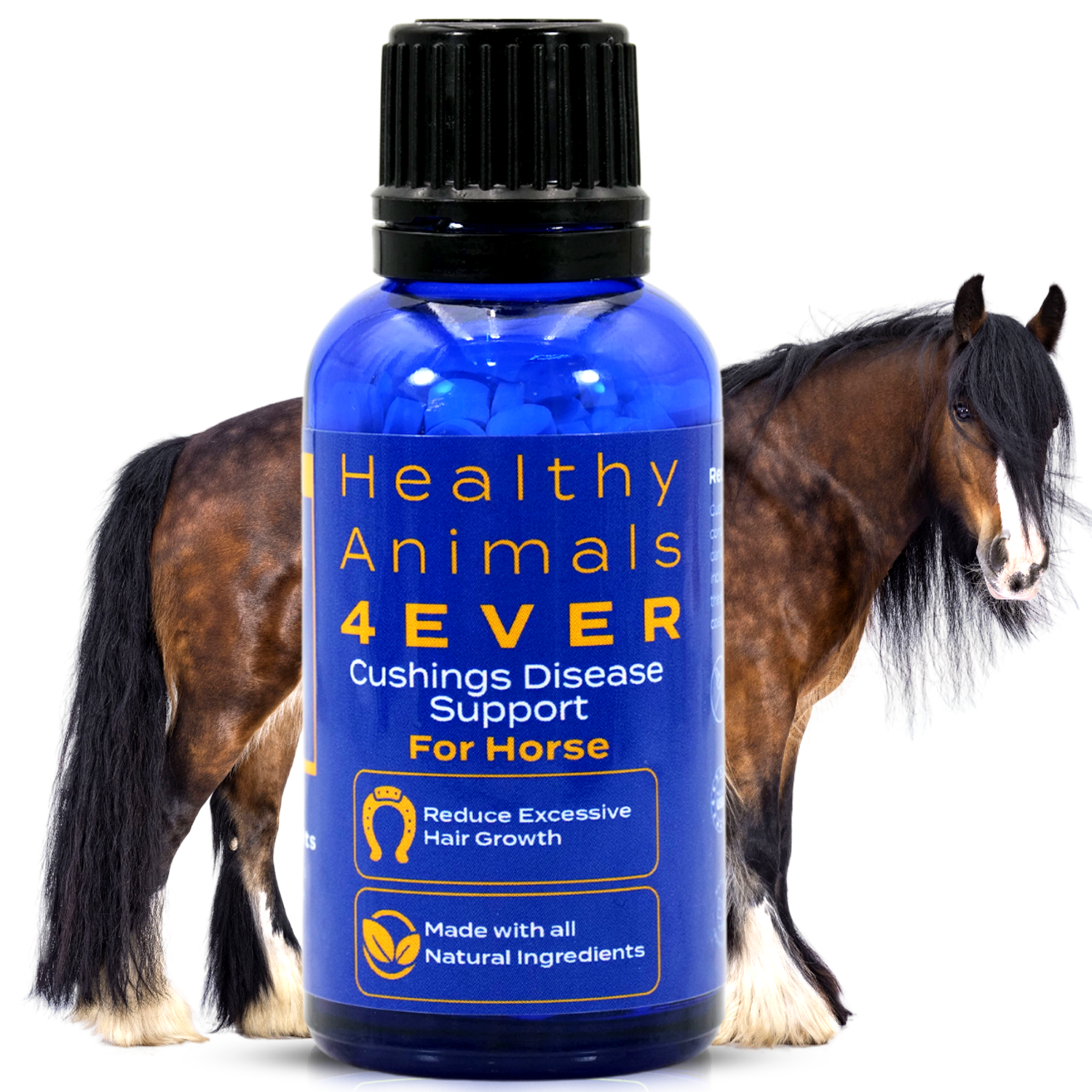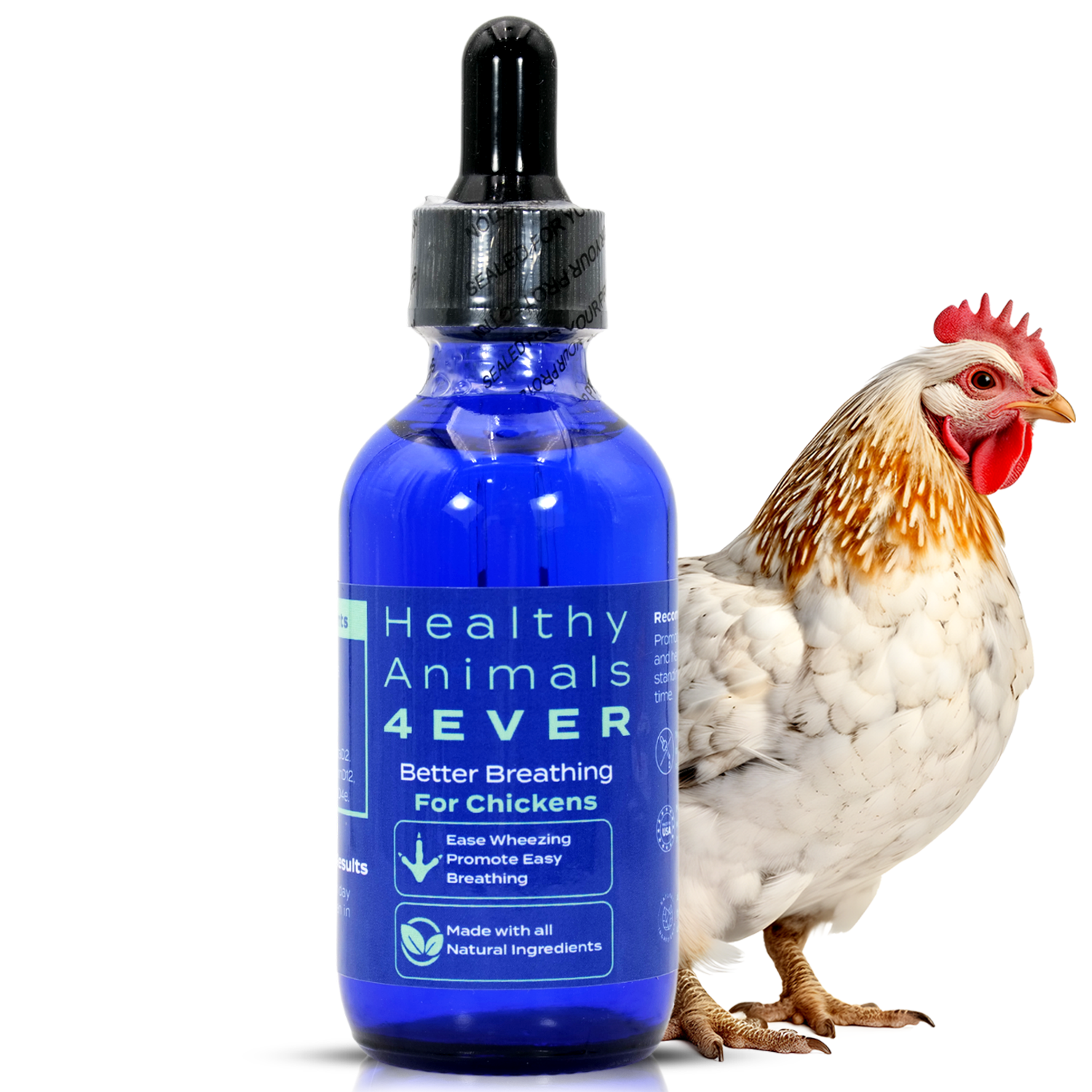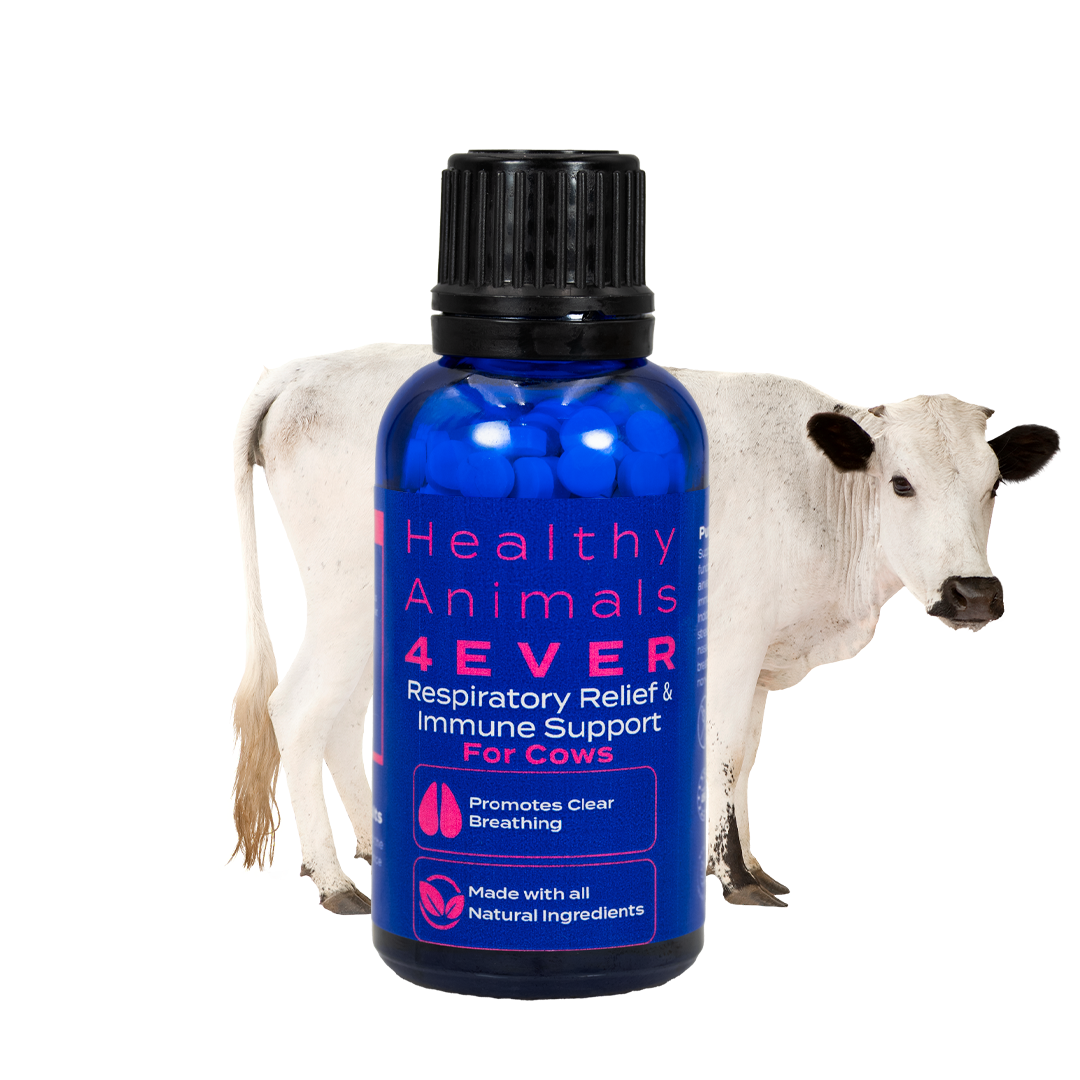January Pet Anxiety: Navigating the New Year with Calm and Care for Your Pet
Our beloved pets, be they dogs, cats, or other furry companions, bring immense joy and companionship to our lives. However, just like humans, they can experience a range of emotions, including anxiety. In today's blog, we delve into the concept of pet anxiety and the importance of recognizing and addressing this issue for the well-being of our four-legged friends.

Pet anxiety is a complex emotional state that can manifest in various ways, affecting the behavior and overall demeanor of our furry family members. Many factors can trigger this anxiety, and understanding its signs is crucial for pet owners to provide the necessary support.
It's essential to acknowledge that pet anxiety is not uncommon. Many domestic animals experience anxiety at some point in their lives, and the reasons behind it can be as diverse as the animals themselves. Changes in their environment, separation from their human companions, exposure to loud noises, or the introduction of new family members or pets—all these situations can contribute to heightened stress levels in our pets.
Recognizing and addressing pet anxiety is not just about maintaining a harmonious home; it's a fundamental aspect of responsible pet ownership. Unmanaged anxiety can lead to various behavioral issues, negatively impacting the physical and mental well-being of our pets. By understanding and proactively managing anxiety, we can foster a supportive environment that allows our pets to lead happy, healthy lives.
Throughout this blog, we will explore the signs and causes of pet anxiety, offering practical tips and insights into creating a pet-friendly haven that minimizes stressors. Join us as we navigate the world of pet anxiety, striving to ensure our pets' lives are filled with comfort, security, and the joy they bring us daily.
Anxiety and overreaction from fear is a natural remedy for calmness and reduced fear in dogs. It helps minimize stress and fear responses. It is useful for the generalized separation of social and environmental anxiety. All-natural formula. Non-drowsy relief. Easy to use. (Healthy animals4ever)
What is pet anxiety?
Pet anxiety refers to a state of unease, fear, or stress experienced by animals, often as a response to specific situations, environments, or changes in their surroundings. Like humans, pets can feel anxiety, and it can manifest in various ways depending on the individual animal and the specific triggers.
Signs of pet anxiety are:
- Persistent barking, whining, or meowing can signify distress or anxiety in pets.
- Pets may engage in destructive behaviors, such as chewing furniture, shoes, or other objects, especially when left alone.
- Anxiety can sometimes lead to changes in bathroom habits, including indoor accidents, even in well-trained pets.
- Anxiety can affect a pet's eating habits, leading to increased or decreased appetite.
- Pets may hide or avoid social interactions when they are anxious or stressed.
- Restlessness, constant pacing, or an inability to settle down can be signs of anxiety in pets.
- Some pets may become more aggressive when anxious, either as a defensive mechanism or due to increased irritability.
- Over-grooming or compulsive licking can be a manifestation of anxiety in some pets.
Post-holiday pet anxiety triggers
While the triggers for pet anxiety can vary from one individual to another, there are some common factors during January that may contribute to anxiety in pets. It's important to note that every pet is unique, and what affects one may not bother another. Here are some potential triggers for pet anxiety during January:
1. Fireworks and celebrationsNew Year's Eve celebrations often involve fireworks and loud noises, which can be highly stressful for pets. The sudden and intense sounds can trigger anxiety in many animals. If this was something that your pet experienced, he may still be affected by it.

2. Routine changes
The holiday season can bring changes to the household routine. Visitors, altered feeding times, and disruptions to daily activities can cause stress for pets, particularly those who thrive on routine.
3. Cold weather
For some pets, especially those not accustomed to colder temperatures, the winter weather can be a source of discomfort and anxiety. The sensation of cold paws or the need to wear sweaters may cause distress.
4. Travel
January may involve travel or moving for some families. Environmental changes, whether temporary or permanent, can induce anxiety in pets.
5. Reduced daylight hours
The winter season brings shorter days and longer nights. Some pets may be affected by the reduced daylight hours, leading to changes in behavior or mood.
6. Post-holiday loneliness
After the hustle and bustle of the holiday season, some pets may experience loneliness or a sense of abandonment as family members return to work or school.
7. Dry skin and allergies
Indoor heating during the winter can lead to dry air, potentially causing skin irritations and pet allergies. Discomfort from skin conditions may contribute to anxiety.
Skin allergy rash and irritations is a natural allergy remedy for all cats. It helps heal irritated & infected skin. It may provide relief from insect bites. Provides a calming effect. All-natural formula. Easy to use. (Healthy animals4ever)

8. Veterinary visits
January is a typical time for veterinary check-ups or vaccinations. Visits to the vet can be stressful for some pets, leading to anxiety associated with the unfamiliar environment and experiences.
9. Lack of outdoor activities
Cold weather may limit outdoor activities, reducing the amount of exercise and mental stimulation for pets. Boredom and pent-up energy can contribute to anxiety.
10. Seasonal scent changes
The winter may bring new scents and odors, such as those associated with holiday decorations or environmental changes. Some pets may find these new smells unsettling.
Understanding these potential triggers can help pet owners anticipate and address their pets' anxiety. Creating a calm and consistent environment, providing comforting spaces, and using positive reinforcement can be helpful strategies for managing pet anxiety during January. If severe anxiety persists, consulting with a veterinarian or animal behaviorist is recommended.
What are the types of pet anxiety?
Pet anxiety can manifest in various forms, and understanding the different types of anxiety in pets is crucial for effective management. Here are some common types of pet anxiety:
- Separation anxiety occurs when a pet becomes distressed when separated from their owner or the individuals to whom they are most bonded. It can lead to excessive vocalization, destructive chewing, and house-soiling.
- Noise phobia: Some pets may develop anxiety or fear in response to loud noises, such as fireworks, thunderstorms, or construction sounds. This type of anxiety can cause trembling, hiding, and attempts to escape.
- Social anxiety in pets involves a fear of or discomfort around other animals or people. It can manifest as aggressive behavior, excessive barking, or withdrawal.
- Travel anxiety: Pets may experience anxiety during car rides or other forms of transportation. Symptoms can include restlessness, panting, vomiting, or attempts to escape from the vehicle.
- Changes in the pet's environment, such as moving to a new home, rearranging furniture, or introducing new pets, can trigger anxiety. Pets may exhibit stress through excessive grooming, pacing, or hiding.
- Some pets thrive on routine, and disruptions to their daily schedule can lead to anxiety. Changes in feeding times, walks, or playtime can cause stress for these pets.
- Many pets experience anxiety when visiting the veterinarian. The unfamiliar sights, smells, and experiences during a vet visit can overwhelm some animals.
- As pets age, they may experience anxiety related to physical discomfort, cognitive decline, or changes in their living situation. This type of anxiety may manifest as increased vocalization, confusion, or clinginess.
- Some pets may exhibit a generalized anxiety disorder, where they seem to be in a perpetual state of unease without a specific trigger. This type of anxiety can result in a range of behaviors, including restlessness, excessive grooming, and hypervigilance.
- Pets that have experienced trauma, such as abuse or neglect, may develop anxiety as a response to specific stimuli or situations that remind them of the traumatic events.
It's important to note that these types of anxiety in pets are not mutually exclusive, and an individual pet may experience a combination of them. Recognizing the specific type of anxiety a pet faces is vital to implementing targeted strategies for management and improvement.
Anxiety and overreaction from fear is a natural remedy for calmness and reduced fear in cats. It helps minimize stress and fear responses. Useful for generalized, separation, social, and environmental anxiety. All-natural formula. Non-drowsy relief. Easy to use. (Healthy animals4ever)
Managing anxiety
Managing pet anxiety involves understanding your pet's triggers and employing practical strategies to create a calming environment.
After the potential disruptions of the holidays, try to maintain a consistent routine for feeding, walks, and playtime. Predictability can help alleviate anxiety. If your pet is sensitive to cold weather, ensure they have warm and cozy bedding. Consider using pet-safe heating pads or blankets to keep them comfortable.
Use pheromone diffusers, calming sprays, or collars to create a soothing environment. These products can emit scents that mimic natural calming pheromones. If you introduce new scents, such as those associated with holiday decorations, do so gradually. Allow your pet to explore these scents at their own pace and provide positive reinforcement.
Bring familiar items like blankets or toys to provide comfort if you need to travel with your pet during the winter. Gradually acclimate your pet to car rides by taking short trips. Provide indoor enrichment since outdoor activities may be limited due to cold weather. Puzzle toys, interactive games, and training sessions can engage your pet's mind and help reduce anxiety.
Be mindful of changes in routine due to the post-holiday period. Gradually transition back to regular schedules, and ensure your pet receives the attention and activity they need.

Combat dry skin caused by indoor heating by using pet-friendly humidifiers. Ensure your pet stays hydrated, and consider adding a supplement like omega-3 fatty acids to their diet with guidance from your veterinarian.
If your pet has a veterinary appointment, make the experience less stressful by using a carrier or crate that they associate with positive experiences. Bring familiar items and reward calm behavior during and after the visit.
Be mindful of your pet's diet and exercise during the winter months. Adjust their food intake based on activity levels and consider indoor exercise options to prevent boredom and anxiety.
If your pet's anxiety persists or worsens, consult a veterinarian or an animal behaviorist. They can provide personalized advice, recommend appropriate medications if necessary, and assist in developing a comprehensive anxiety management plan.
By being proactive and attentive to your pet's needs, you can help manage their anxiety during the unique challenges that January may present. Remember that each pet is an individual, so tailor these strategies to your specific furry friend.
Natural remedies
Natural remedies for pet anxiety can be valuable to your toolkit for managing animal stress. However, it's important to note that the effectiveness of these remedies can vary among individual pets, and consulting with a veterinarian before introducing any new treatments is crucial. Here are some natural remedies that may help alleviate pet anxiety:
- Chamomile is known for its calming properties. You can use chamomile tea (cooled) as a soothing drink for your pet. Additionally, chamomile supplements are designed for pets and are available in various forms, such as chews or drops.
- Lavender has calming and soothing effects. Consider using a lavender-infused collar, diffuser, or spray in your pet's environment. Ensure that the lavender product is specifically designed for pets and safe for use.
- Valerian root is an herb known for its calming effects. It can be found in supplement form, and you should consult your veterinarian for the appropriate dosage for your pet.
Natural emotional trauma recovery remedy for all dogs. It promotes calmness and may help minimize anxiety. All-natural formula. Easy to use. (Healthy animals4ever)
- CBD is derived from hemp and is known for its potential calming effects. CBD products, such as treats or oils, are available for pets. Using high-quality products with appropriate dosages is essential; consulting your vet is advisable.
- Passionflower is another herb that may help reduce anxiety. It can be found in various forms, including supplements or teas. Always consult your veterinarian for proper dosing.
- Playing soft, calming music designed for pets can have a soothing effect. Even specific playlists and CDs are created to reduce stress in dogs and cats.
- Use pet-safe essential oils in a diffuser to introduce calming scents into the environment. Essential oils like lavender, chamomile, and bergamot are often recommended, but they must be used cautiously and diluted correctly. Ensure your pet can leave the scented area if they wish.
- Commercially available herbal calming treats often contain natural ingredients known for their calming properties, such as chamomile, valerian root, and passionflower.
- Gentle massages or providing your pet with a comforting item like a soft blanket or a plush toy can offer tactile comfort and help reduce anxiety.
- A Thundershirt is a snug-fitting garment designed to provide constant pressure, which can have a calming effect on some pets, similar to swaddling a baby.
Not all natural remedies work for every pet, and their effectiveness may vary. Always consult your veterinarian before introducing any new supplement or treatment, especially if your pet is on medication or has underlying health conditions. Additionally, closely monitor your pet's response to any remedy and discontinue use if you observe any adverse effects.
Homeopathy for pet anxiety
Homeopathy is an alternative medicine approach that uses highly diluted substances to trigger the body's natural healing processes. While some pet owners choose to explore homeopathic remedies for pet anxiety, it's essential to approach it with caution and under the guidance of a qualified veterinarian.

Here are some common homeopathic remedies that are sometimes considered for pet anxiety:
- Aconite is used for sudden and intense anxiety or fear, especially after a traumatic event or exposure to loud noises like fireworks.
- Argentum Nitricum is indicated for anxiety related to anticipation, such as anxiety before travel or veterinary visits. It may help with restlessness and nervousness.
- Gelsemium is recommended for pets that experience weakness, trembling, and a desire to hide during anxiety-provoking situations, such as thunderstorms or visits to the vet.
- Ignatia Amara is useful for pets with anxiety with sudden changes in their environment, routine, or family dynamics. It may be indicated for grief-related anxiety.
- Phosphorus may be considered for pets with anxiety and fearfulness, especially in situations involving strangers or new environments.
- Arsenicum Album is indicated for pets that show restlessness, pacing, and anxiety, particularly at night. It may be helpful for animals with separation anxiety.
- Chamomilla is used for pets that display irritability, restlessness, and anxiety, especially when exposed to stressors like loud noises or changes in routine.
It's crucial to note that homeopathic remedies work individually, and the effectiveness can vary between pets. Furthermore, the use of homeopathy for pet anxiety should be discussed with and supervised by a veterinarian or a homeopathic practicioner.
The Bottom Line
Just as the winter winds can bring both a chill and a calm to our homes, our pets, too, navigate a complex range of emotions during this time.
We've uncovered practical tips and empathetic approaches to help our furry companions find peace amid the potential stressors of January. Remember, in the quiet moments of winter, our pets often look to us for reassurance, just as we look to them for warmth and joy. By recognizing the signs of anxiety, understanding their unique triggers, and implementing thoughtful strategies, we pave the way for a serene coexistence.













